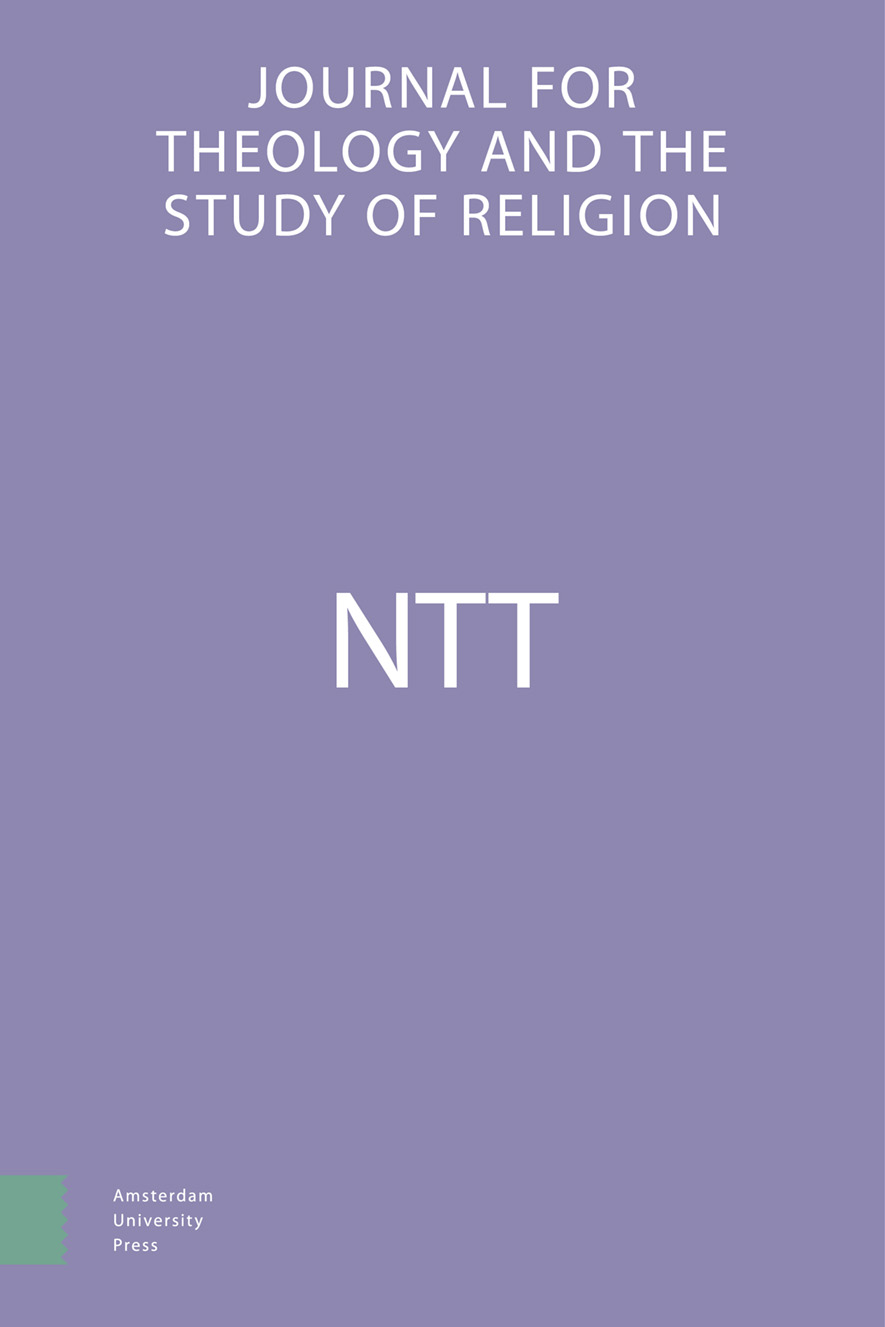-
oa Proportionate Universalism and Public Health
An Analysis of WRR Policy Brief From Disparity to Potential
- Amsterdam University Press
- Source: NTT Journal for Theology and the Study of Religion, Volume 75, Issue 1, Mar 2021, p. 73 - 93
Abstract
The article analyses the public health policy brief From Disparity to Potential by the Dutch Scientific Council for Government Policy (WRR). It argues that the WRR brief presents a distinctive and novel brand of proportionate universalism, a theory proposed by Sir Michael Marmot (2010). The article situates the brief in the wider debate on proportionate universalism and offers an evaluation from an ethical perspective. It argues that the WRR’s version of proportionate universalism exhibits three flaws: (1) the definition of socio-economic status is unduly focused on education levels and thus ignores important, health-relevant disparities; (2) whilst the policy brief endorses subsidiarity, it remains focused on governmental and economic actors, ignoring the importance of voluntary associations such as churches and faith-based organizations; (3) the focus of proportionate universalism is quantitative and needs supplementing with theories of the good life, typically associated with theological and philosophical forms of ethics originating in the premodern era.


